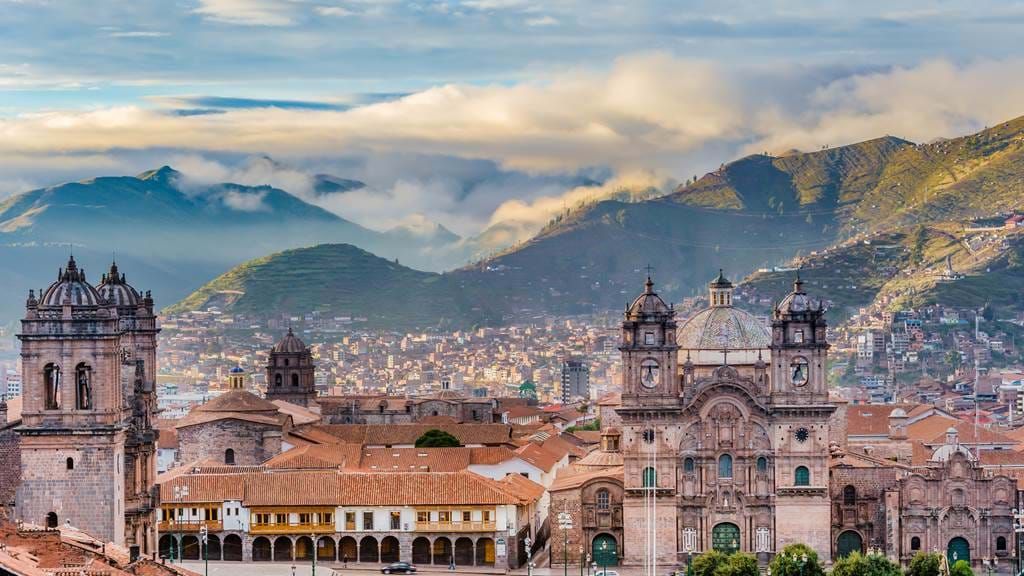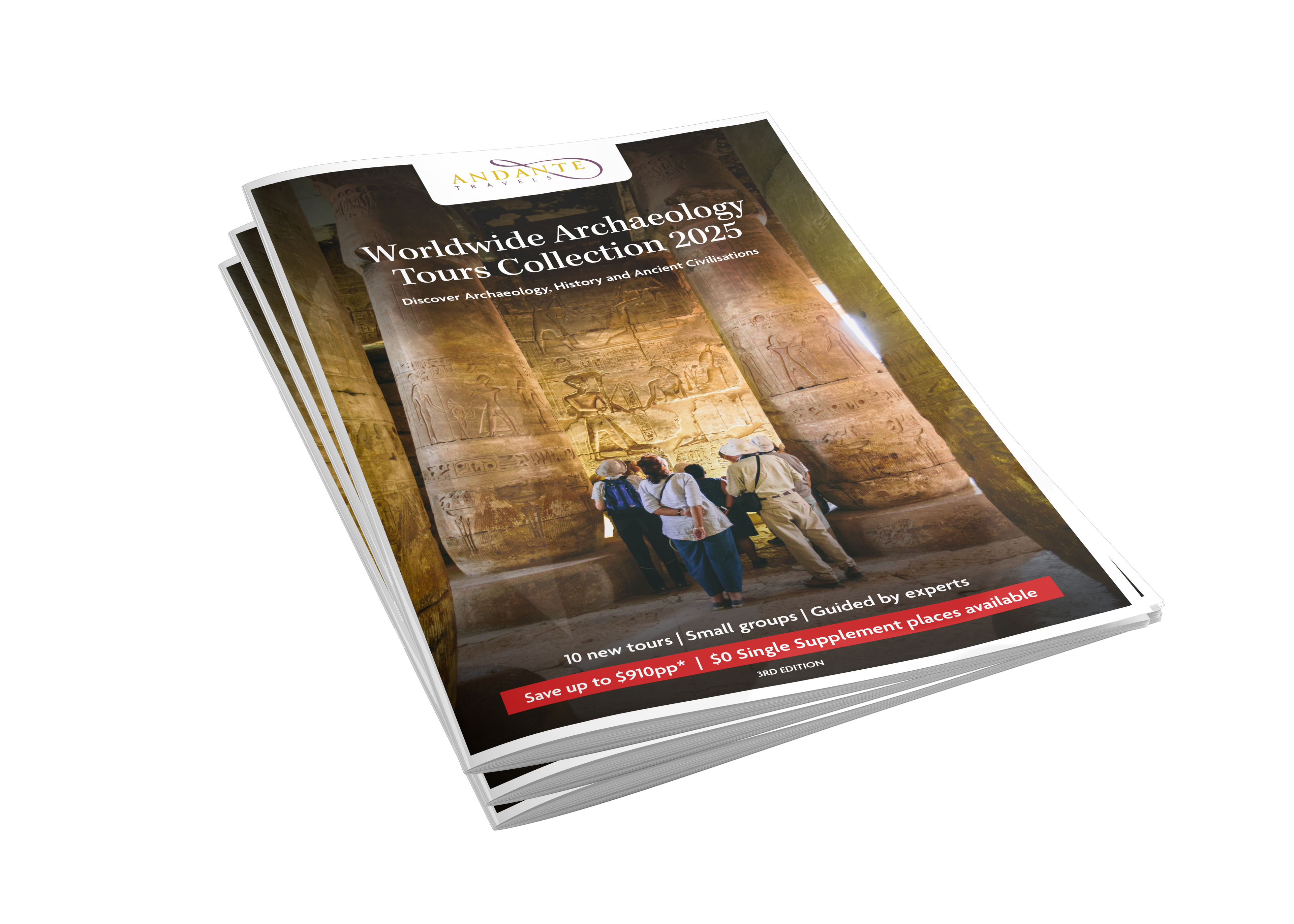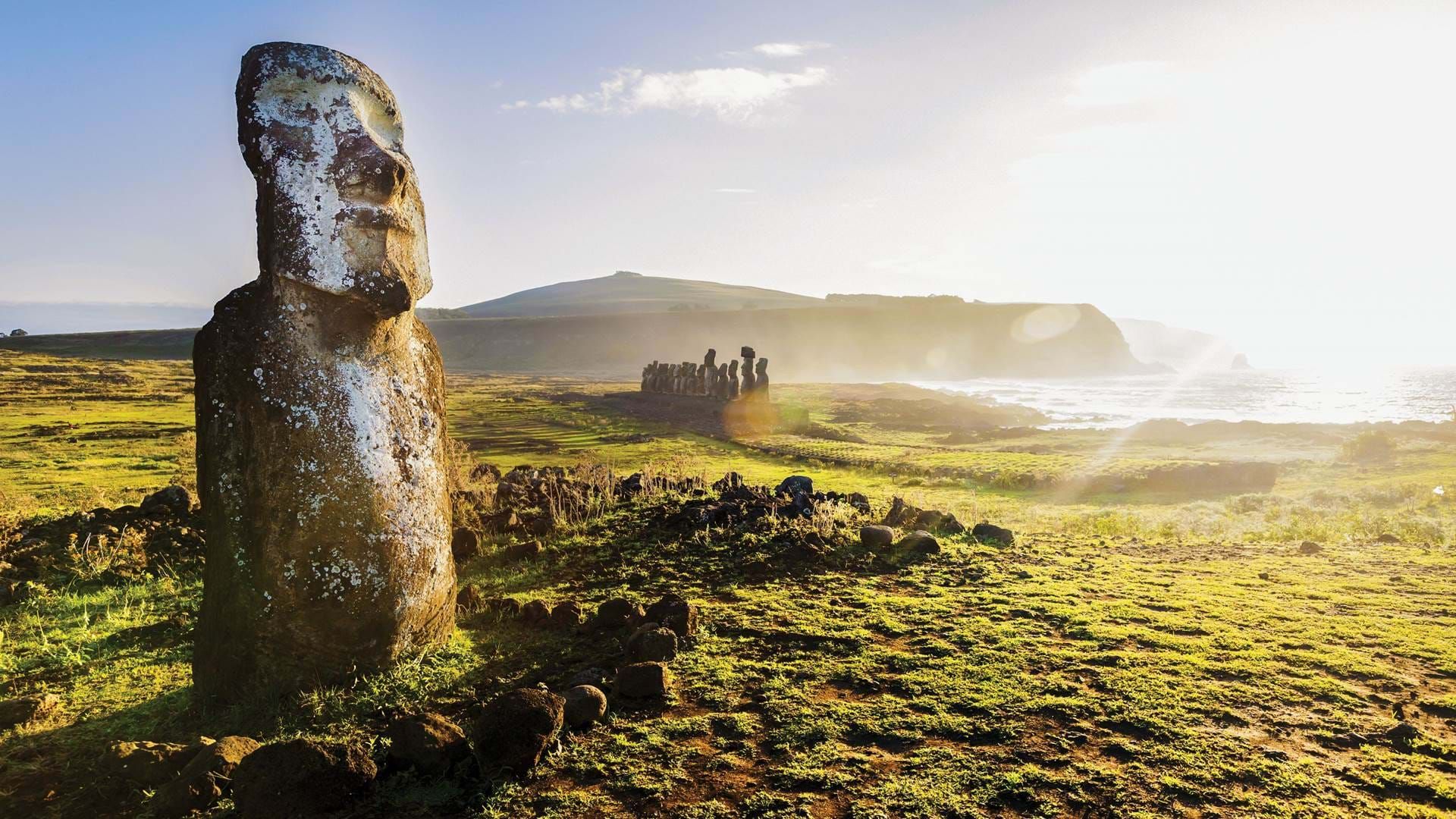The continent of South America is located in the Western Hemisphere, mainly in the Southern Hemisphere, and a proportionally small part in the Northern Hemisphere. Some consider it a subcontinent of the Americas. This is how it is regarded in the Spanish and Portuguese-speaking territories of the Americas.
Geographically, South America is generally considered a continent forming the southern section of the landmass of the Americas, south and east of the Panama–Colombia border by most authorities, or south and east of the Panama Canal by others.
It is divided politically into 12 independent countries. These are Argentina, Bolivia, Brazil, Chile, Colombia, Ecuador, Guyana, Paraguay, Peru, Suriname, Uruguay and Venezuela and the overseas department of French Guiana.

NEWSLETTER
Opt-in to our email newsletter and hear about new offers first – view our privacy policy for details.



